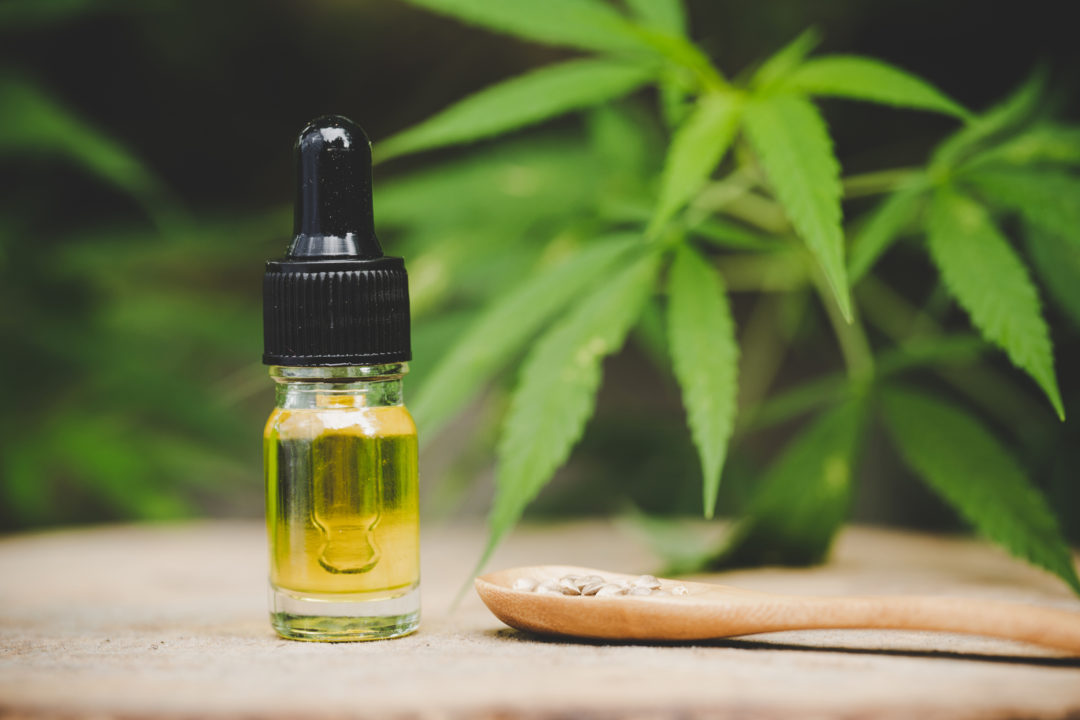In last year’s spending bill, Congress instructed the FDA to adopt an enforcement discretion policy within 120 days and provide an update of its progress after 60 days. The first report was due on February 20, 2020.
Daniel Fabricant, Ph.D., President and CEO of NPA, said in the release: “Unfortunately, this is more of the same from FDA. Each day that goes by elevates the risk of a public health crisis. Setting a safe level of consumption for CBD is the best way to move forward with this promising new product while protecting consumers.”
Related: NPA Emerges from Chapter 11 Proceedings NJ Senate Introduces Bill Giving CBD Businesses Access to Financial Services NPA Fights Illinois for Supplements, CBD
The release noted that there are several reasons for urgency on the part of the FDA:- The UK’s Food Standards Agency recently set deadline for the CBD industry to provide more information about CBD products and their contents. It also advised vulnerable groups not to take CBD, and healthy adults to take no more than 70mg a day.
- The Food Safety Authority of Ireland (FSAI) recently recalled various CBD foods and food supplements due to unsafe levels of delta‐9‐tetrahydrocannabinol (THC).
- A new study from Cornell University revealed that high THC levels in hemp may be more likely due to genetics than growing conditions. During the research, the team also learned that as many as two-thirds of the seeds they obtained of one hemp variety—which were all supposed to be low-THC hemp—produced THC above the legal limit of 0.3%, underscoring how risky is it for farmers to grow the plant.
- A recent Freedom of Information Act (FOIA) request filed by NPA for CBD inspection data revealed that the FDA had only inspected four firms that manufactured CBD and only tested three CBD products for THC. There are over 1,500 products that contain CBD on the market.
- The Department of Transportation recently warned workers about using CBD, saying Federal employees could still lose their jobs if they test positive for THC.










